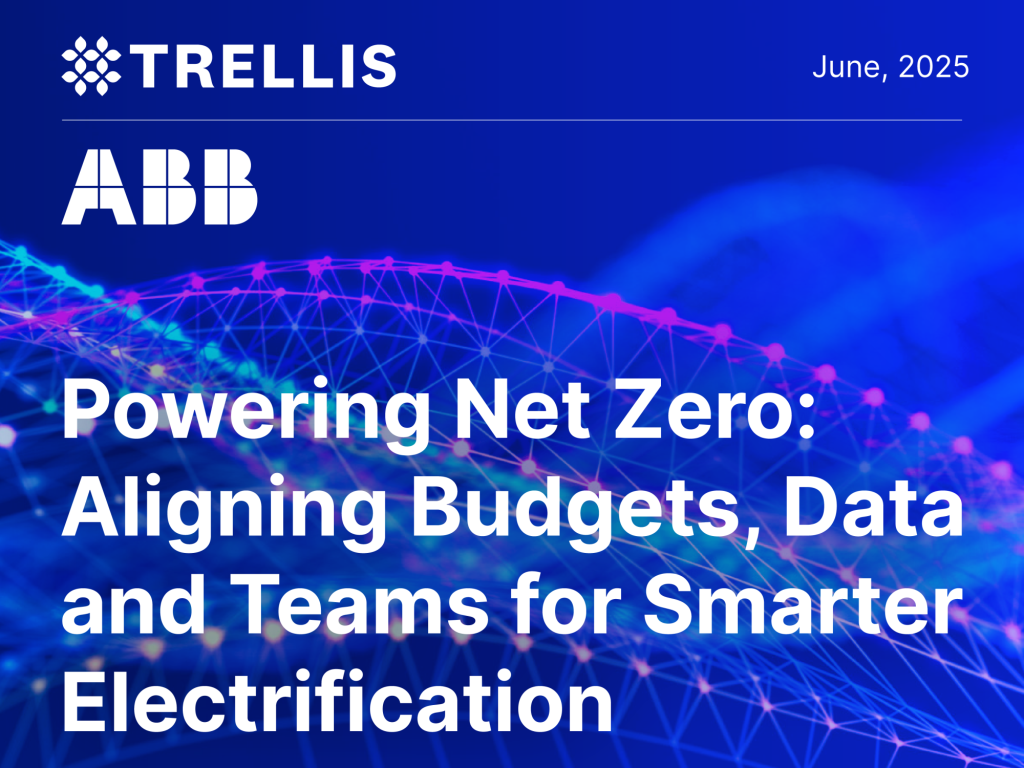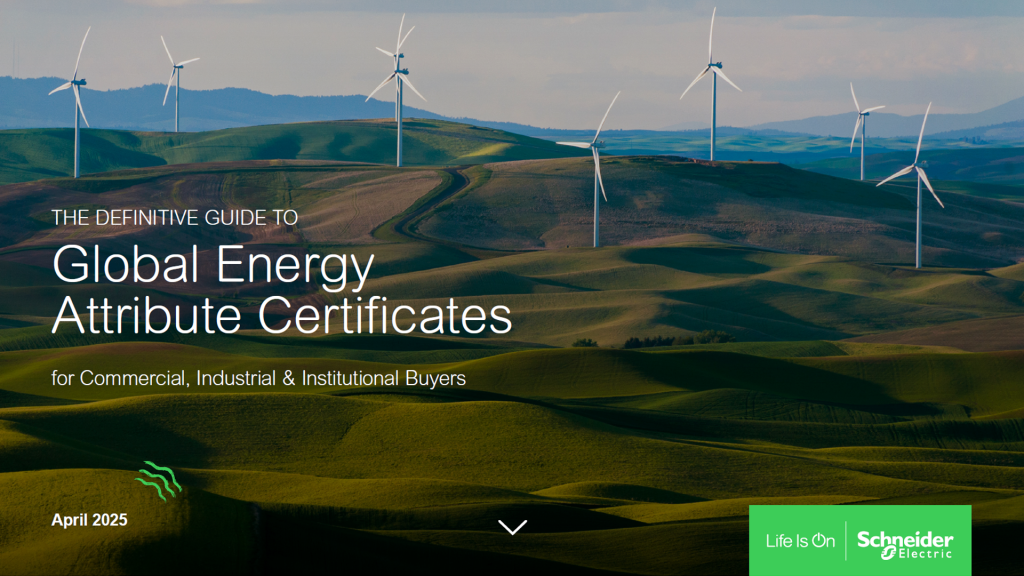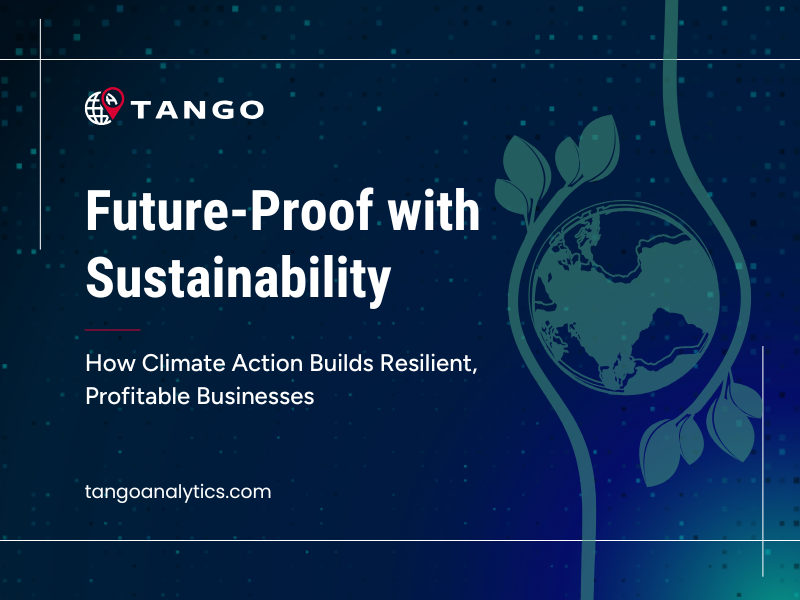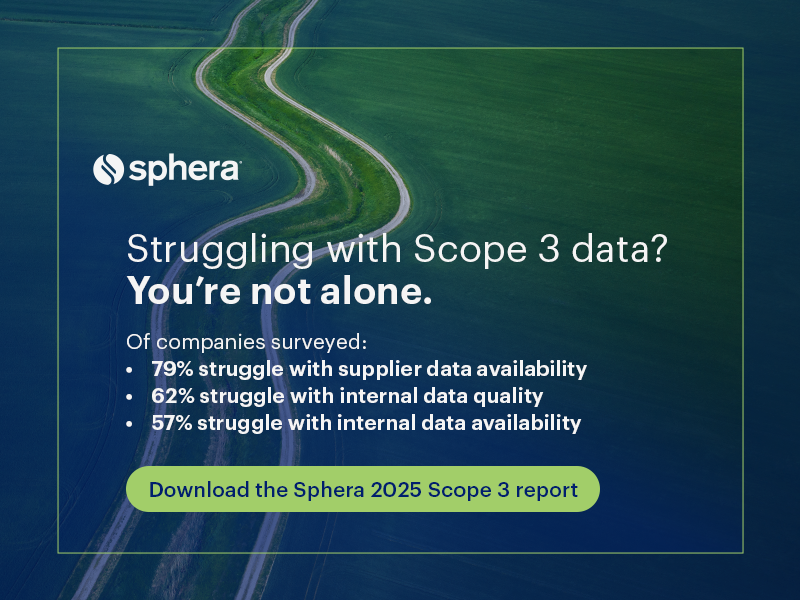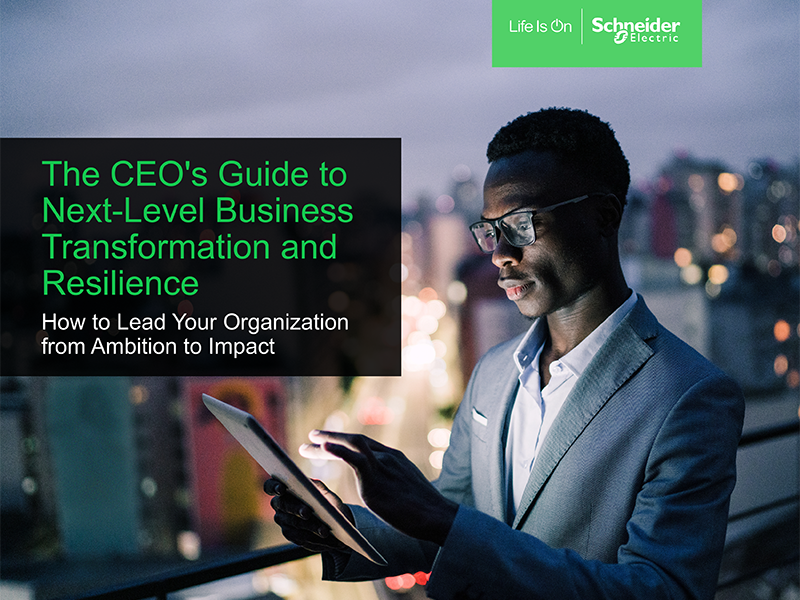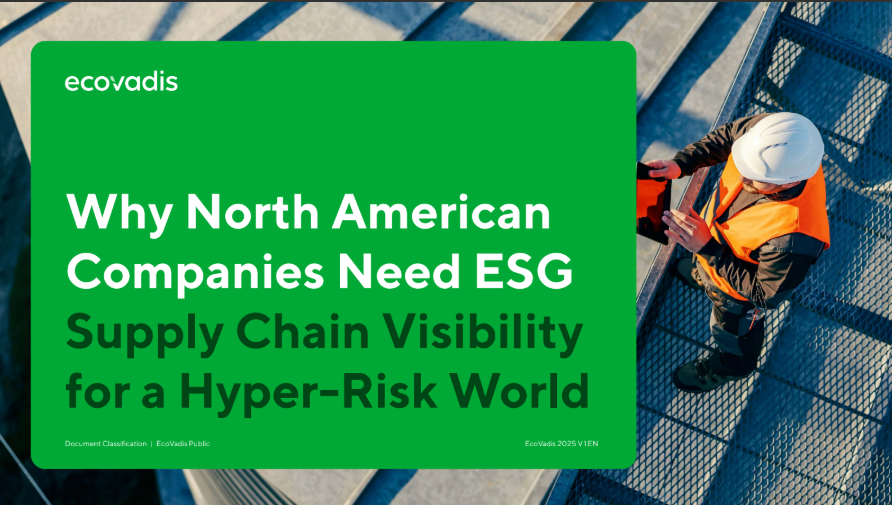Solar Is At A Fork In The Road
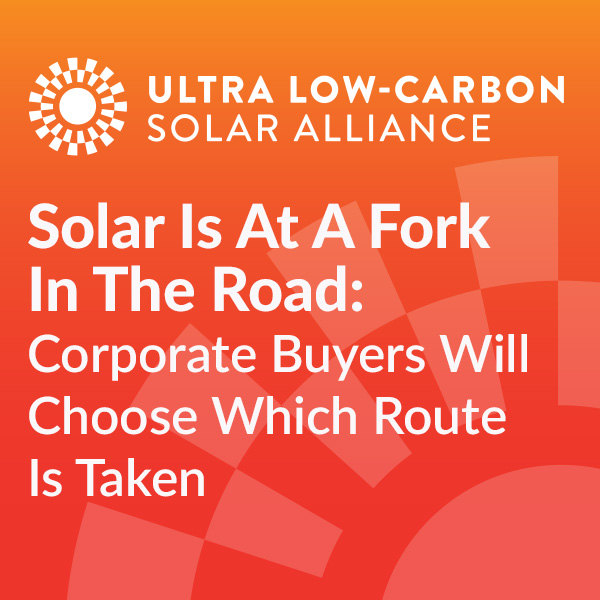
Solar energy is the fastest growing form of energy globally, rapidly scaling to meet increased demand. A driving force behind this trend is increased interest in sustainability and corporate ESG goals. As solar becomes a more common component of ESG goals, corporate buyers are faced with a choice that will have dramatic consequences for the future of their supply chains and the solar sector.
You see, many solar panels and their components are manufactured in regions using unsustainable practices and energy sources that rely predominantly on coal, what we’re calling “Coal-Fired Solar.” Thankfully, there are readily available solar panels, known as “Ultra Low-Carbon Solar,” or ULCS, that are made with significantly lower carbon emissions. How significant are the differences?
Roughly an additional 260 pounds of coal are burned for every solar panel manufactured in a high-carbon supply chain as compared to a solar panel produced by ULCS manufacturers.
This needless pollution represents a fork in the road for corporate buyers. They need to choose whether they want to continue down a high-carbon path for their solar purchases or pursue a cleaner, more sustainable path with ULCS panels.
Hemlock Semiconductor generously provided this opportunity to the ULCS Alliance to share their views. The Alliance is solely responsible for the content in this white paper.




